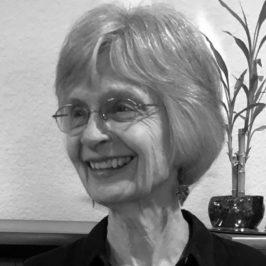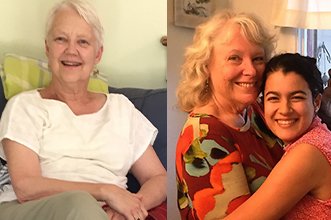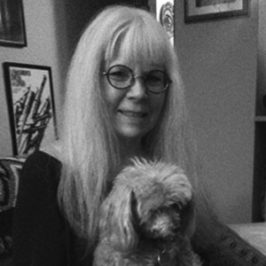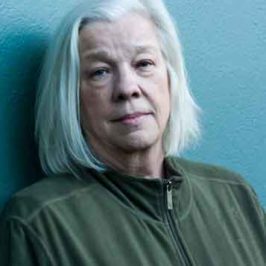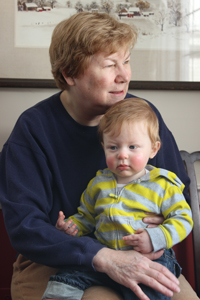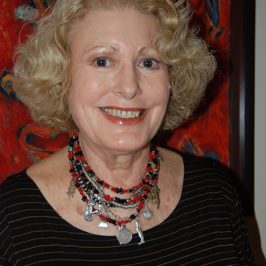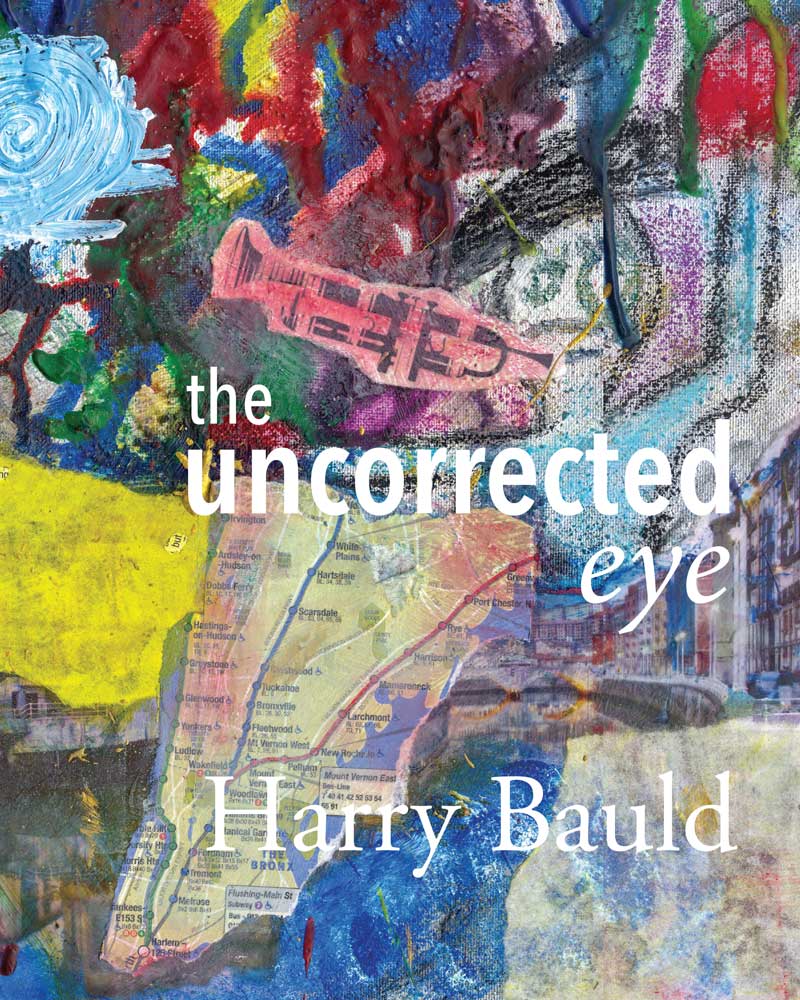
Some poems inspired by jazz and jazz musicians, from Harry Bauld (The Uncorrected Eye), Steve Matanle (Nightbook) and John Glowney (2020 Passager Poetry Contest).
6 minutes
TRANSCRIPT
Tonight, some poems inspired by jazz and jazz musicians.
The eclectic Harry Bauld teaches English, does card tricks, plays chess, writes poetry, and lots more. He said jazz is one of the main influences on his poetry, “especially pianists, and even more especially Thelonious Monk. Also the trumpet solos of Miles Davis,” he said, “which are themselves poems: terse, compressed, oblique, seemingly private and often painful confessions transmuted into something limpid.” Here, from Harry Bauld’s book The Uncorrected Eye, is his poem “The Hands.”
In the 1953 Bob Parent photo,
Monk’s are like separate
marine creatures, each a different species,
the left pressing down straight
and detached from its shell, the right
lifted in a torn anemone of prayer
fluttering forever through the octaves
in some as yet undiminished
humpback dirge, whole tones unheard
beneath the surface. What is not even
half diminished is his open mouth above the broken
song of flat fingers. He doesn’t play the instrument right
says the Russian piano teacher listening for the first time
to “Evidence,” not hearing how, inside the beaten
wooden housing, the dampers and felts, each key was born
to a new American note beneath its terrible human hammer.
“The Hands” from Harry Bauld’s book The Uncorrected Eye, that Passager published in 2018.
Steve Matanle’s a poet, a musician, an artist, and a teacher. In 2014, Passager published Nightbook, a group of short poems he wrote sitting on his porch every night at about three a.m., from September into December. Poet Lia Purpura said Steve “quietly, resolutely stalks improvisation in the deepest hours of the night.” Here’s poem number VII from Nightbook.
These riffs
the stars are playing tonight
seem to be saying
bring your own tears.
I could swear it
is the graceful sound
of Lester Young
playing something lovely
for eternity.
a few notes. That’s all
it takes to make me
heartsick and happy,
sitting here in the night
trying to imagine
what it’s like to be gone.
Who knows anything
about it? Maybe
the angels. After all,
aren’t they nodding
behind each note
in gladness and despair?
Number VII from Steve Matanle’s Nightbook.
John Glowney, a Seattle attorney, grew up on a Michigan dairy farm. This next poem, he said, “is a self-explanatory riff on my teenage version of singing in the shower. My audience was small and seemingly captivated in their dull-witted but curious way. It’s a fond and slightly embarrassing memory which the sax teacher Gabe’s little video invoked. Gabe is a better version of me, with a horn. Of course, at the time, I was, in my big dreams, what the world was looking for.” From Passager’s 2020 Poetry Contest Issue, John Glowney’s poem “Black and White.”
My daughter’s former saxophone teacher
has posted a short video of himself
playing Jewish music on his saxophone
by the side of the highway for a herd of cattle
somewhere out west. He’s young,
the cows are black, beefy, ears pricked up,
they come running, stop far short of the barbed wire,
a long prairie stretched out behind them,
not quite desert but a place you could
get lost in for forty years. Neither considers
getting closer. The natural sound out here
is wind, when the wind bothers
to blow; otherwise, there is a spare groove
to the place, the swish of tails
swatting the tiny burr-burr-burr
of insect wings. I want to tell him
that Holsteins – milk cows – used to listen
to my singing, songs from the late 60’s,
when I was a boy doing barn chores.
I was a lousy singer, not the wonderful sax player
he is. But he should know that Holsteins
are more expressive in their appreciation:
those beef cows are that audience
in the New York basement club
that barely clap when the sax-man
up on stage closes out his solo improv
in a crazy run of scales; Holsteins
crowd in close enough to touch you
with long thick tongues, big cow eyes
bulging, focused on the off-key boy
at the mike, singing with his eyes closed,
snapping their cloven hooves.
“Black and White,” by John Glowney, from Passager’s Issue 69.
Finally, one more by Steve Matanle, from Nightbook. This one, Number 10.
At 5 a.m.
I close my black notebook
reluctantly,
like a musician packing up
his horn
at the end of the night.
Number 10, from Nightbook by Steve Matanle.
To buy Nightbook, Harry Bauld’s The Uncorrected Eye, or Passager’s 2020 Poetry Contest issue,
or to learn more about Passager and its commitment to writers over 50, go to passagerbooks.com.
You can download Burning Bright from Spotify, Apple and Google Podcasts, and various other podcast apps.
For Kendra, Mary, Christine, Rosanne, and the rest of the Passager staff, I’m Jon Shorr.

